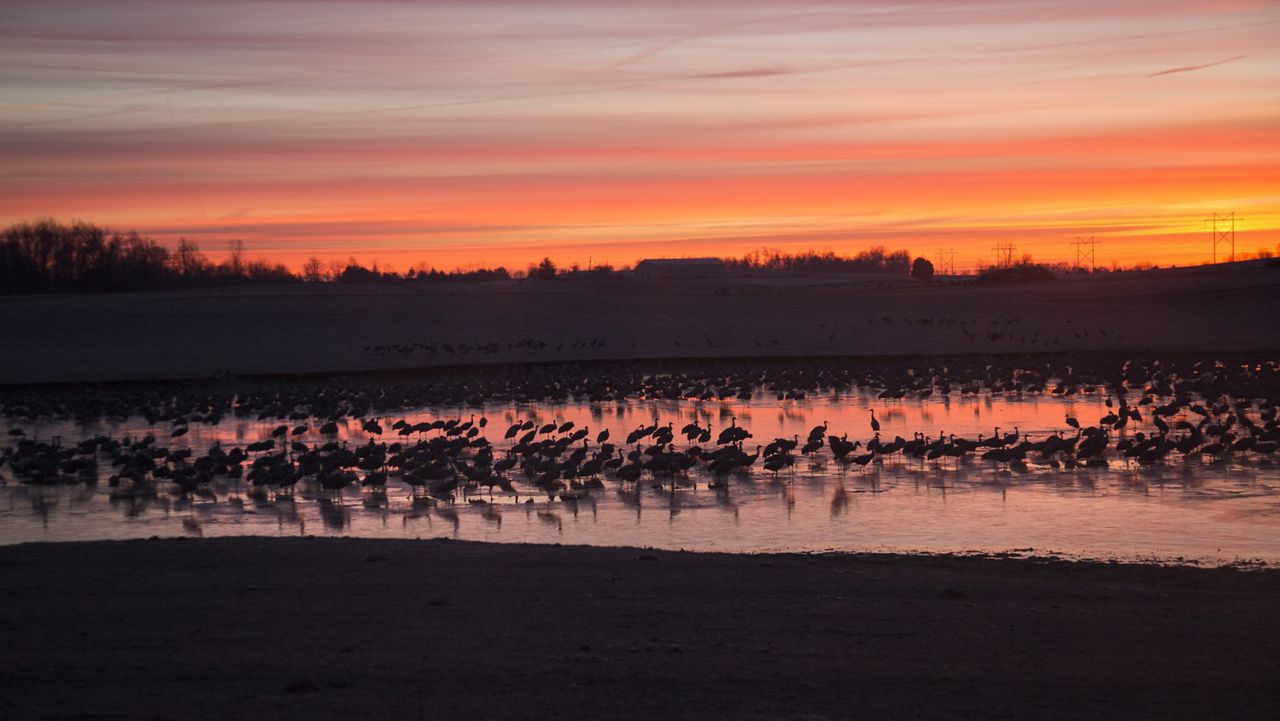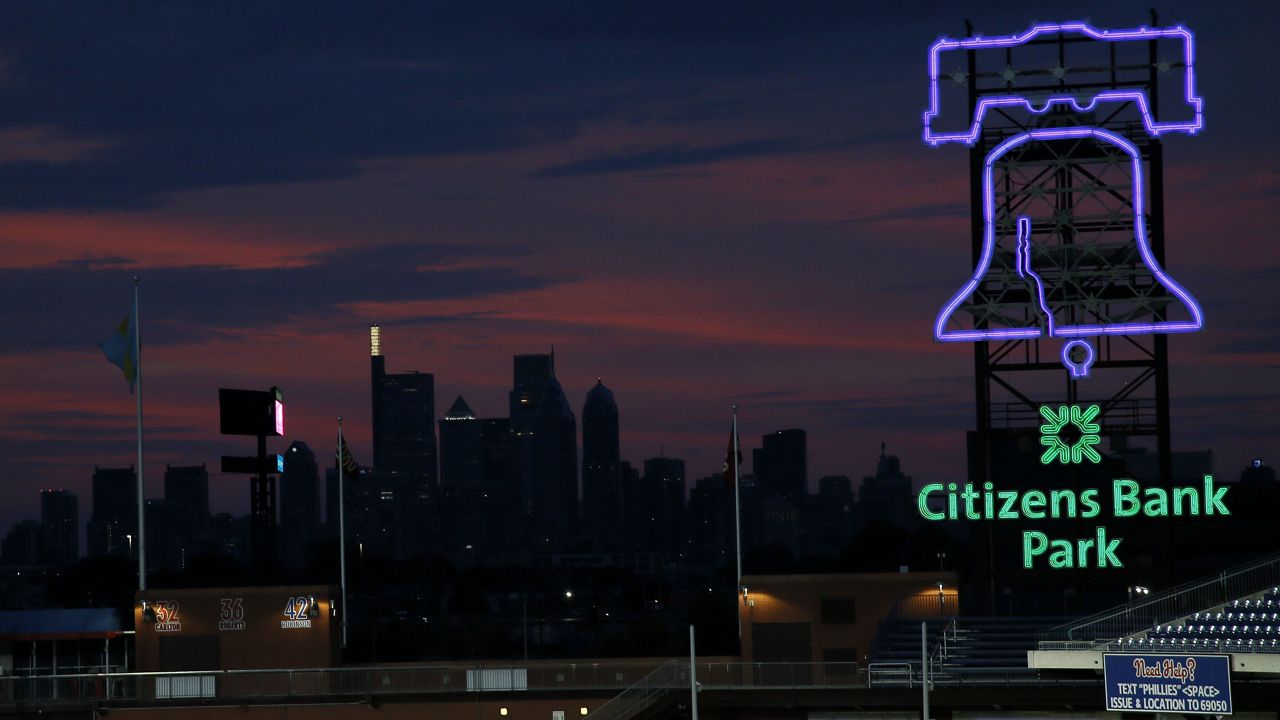We’re in the midst of bird migration season. Many of the birds travel at night, and the bright lights of towns and cities can make their journey more dangerous.
During the late summer and early fall, migratory birds fly to their wintering homes. Many of them travel during the night, and they use visual cues–such as light–to help them navigate, according to the National Audubon Society.

Unfortunately, the artificial nighttime light from homes, offices and more can confuse the birds. That can disorient them, wasting precious time and energy. Even worse, they can fly right into the lit-up buildings and die.
Audubon has some simple suggestions in their "Lights Out" program, which are most beneficial from 11 p.m. to 6 a.m. local time this time of year.
- Turn down or turn off decorative lights
- Use lights with motion sensors that only come on when needed
- Install bulbs with a “warmer” color
- Use downward-facing lighting that limits glare
These suggestions are helpful for any building but are especially useful for buildings that are taller than a few stories. They can reduce birds’ building collisions.
For the entire month of May and September, the National Park Service stops illuminating the Gateway Arch in St. Louis.
And in New York City, Audubon and the Cornell Lab of Ornithology have worked with "Tribute in Light" to track birds during the 9/11 memorial. If radar detects more than 1,000 birds, they advise turning off the lights for up to a half-hour to let the birds disperse.
A study in the 2010s found that bird counts were as much as 20 times higher during the 9/11 tribute than during typical migratory conditions.

Cities across the country, and even entire states, have joined the "Lights Out" program. You can see a list here, including more information on local resources.
Our team of meteorologists dives deep into the science of weather and breaks down timely weather data and information. To view more weather and climate stories, check out our weather blogs section.
Justin Gehrts - Senior Weather Producer
Justin Gehrts is a senior weather producer for Spectrum News. He has well over a decade of experience forecasting and communicating weather information. Gehrts began his career in 2008 and has been recognized as a Certified Broadcast Meteorologist by the American Meteorological Society since 2010.









